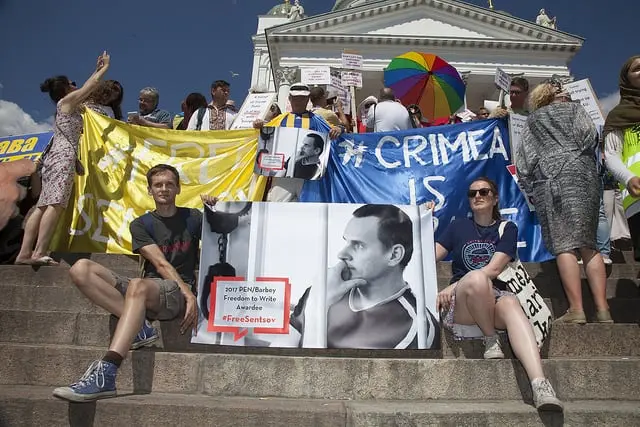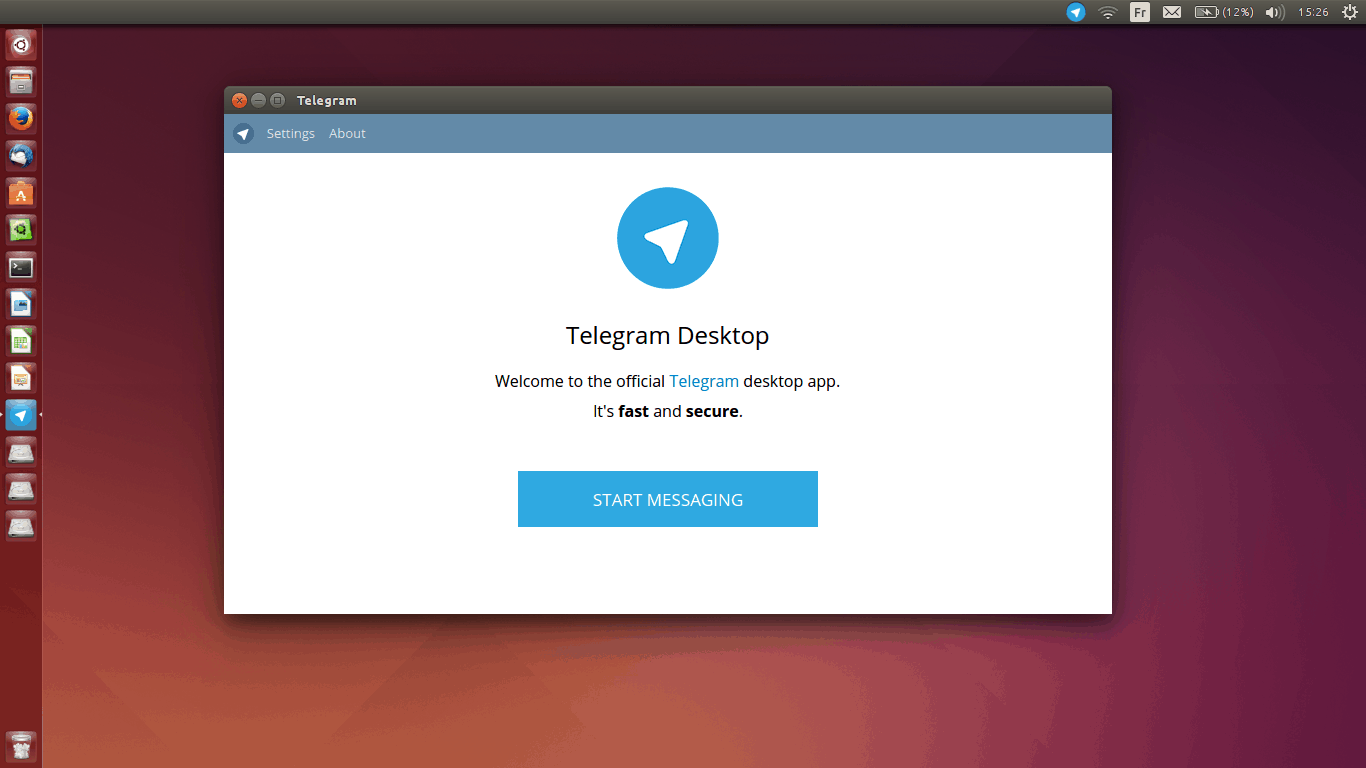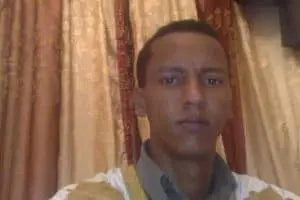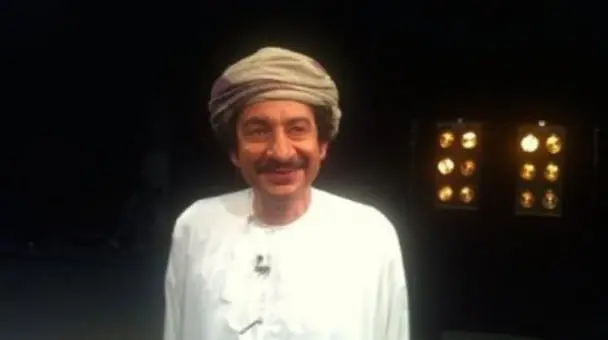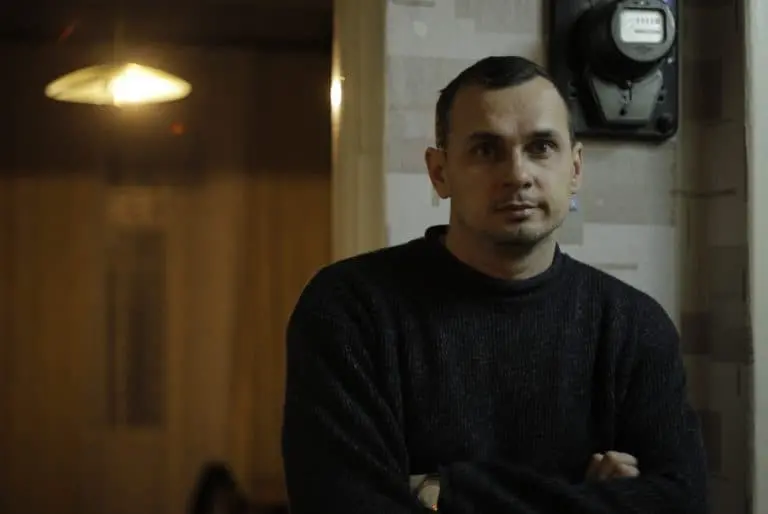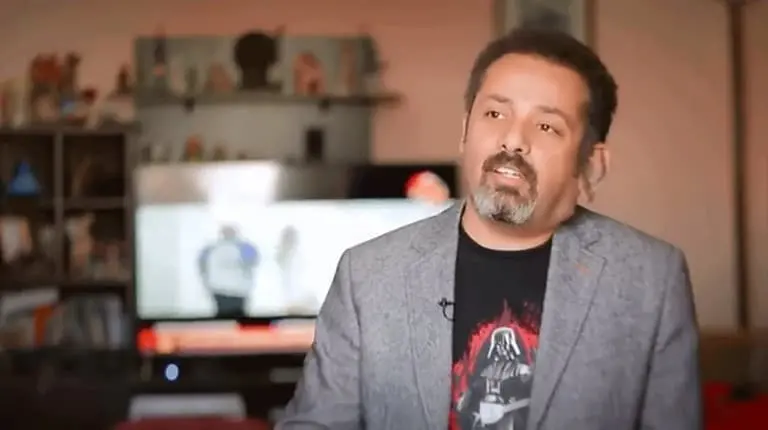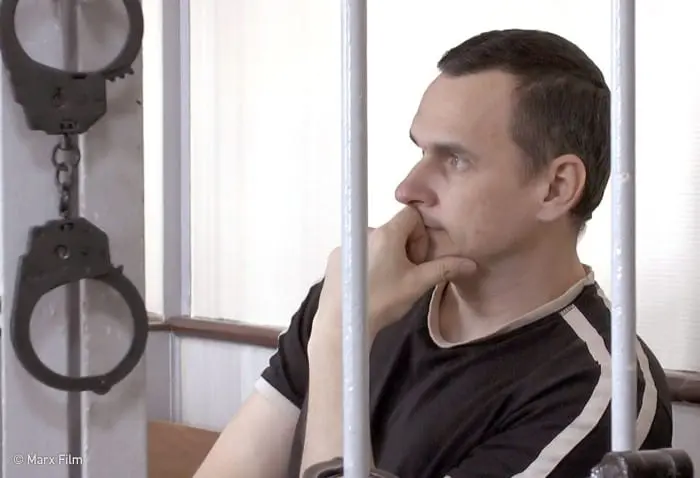On June 27, day 45 of Oleg Sentsov’s hunger strike, I wrote him a letter. The Russian Federal Penitentiary Service (FSIN) has a system where, for a small fee, you can send a letter to prisoners via the internet, so that’s what I did. It’s not that easy for a foreigner: You can only write in Russian, and pay only with a credit card issued in Russia.
The same day I submitted my letter I received a confirmation from FSIN that it had been received, and three days later another confirmation arrived, saying that the letter was delivered to Oleg on July 2. Earlier this month, Dmitry Dinze, his lawyer, visited Oleg in Yamal, where Oleg serves his prison sentence. He said that Oleg never received my letter. Nor did he receive the last five letters sent by his mother.
Specialists say that beyond 45 days of a hunger strike, death is a very real risk, due to cardiovascular collapse or severe infection. And Oleg, who has had heart problems since childhood, has already had two cardiovascular crises during his 82 days of hunger striking. Aside from the physical damage suffered by hunger strikers, psychological changes are common, too. By keeping him from receiving letters of support, the authorities are putting added stress on Oleg’s already fragile state.
I wonder what Russian authorities are waiting for. Even with the election and the World Cup behind them, there is little reason to court further scandal, or additional sanctions. It’s time to release Oleg. His mother has recently asked President Putin to pardon Oleg. Going that route would allow them to free him without denying the allegations against him, unfounded though they may be.
My fear is that they will wait until the last minute, when they can release Sentsov and be confident that he will die shortly thereafter. This is not a new tactic for autocratic regimes. In 2017, China released two prominent writers on “medical parole” only when their illnesses were clearly terminal; Liu Xiaobo died of liver cancer 21 days after his release, and Yang Tongyan died of brain cancer less than three months after his. In 2012, Thet Nwe, a political activist from Myanmar who underwent severe torture during his decade in jail, died just 10 days after being freed.
Oleg is an artist; freedom is everything to him. Yet after four years in prison he is starving himself not to demand his own release, but that of all Ukrainian political prisoners held in Russia.
PEN America has been working fervently with partners around the world to rally support for Oleg and to demand his release. In July, we went to Helsinki to deliver a message to President Putin in person. Now, it is time for him to respond.
TAKE ACTION
- Call a Russian Embassy or Consulate in your country and ask them this simple question: “When do you plan to release Oleg Sentsov?”
- Tweet about your action—and any response—with the hashtag #FreeSentsov, and encourage others to do the same.
Let’s not let Oleg die in prison!

